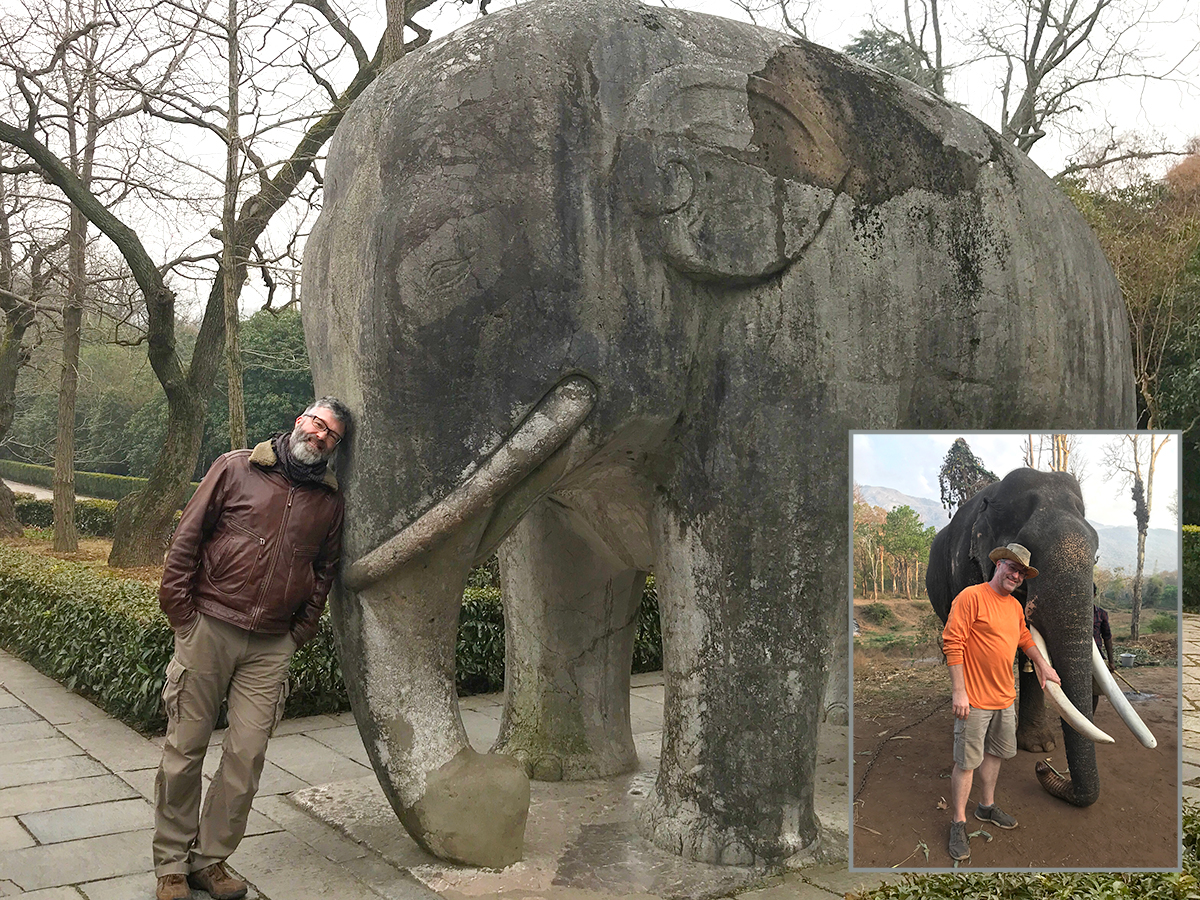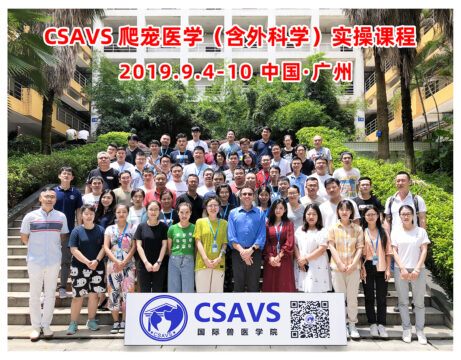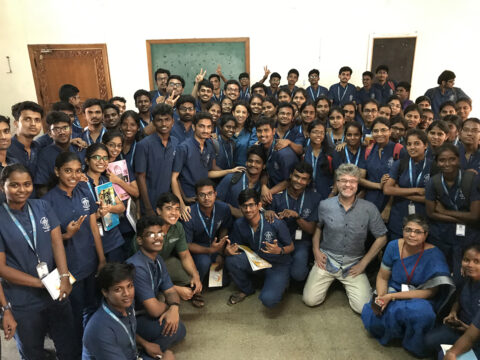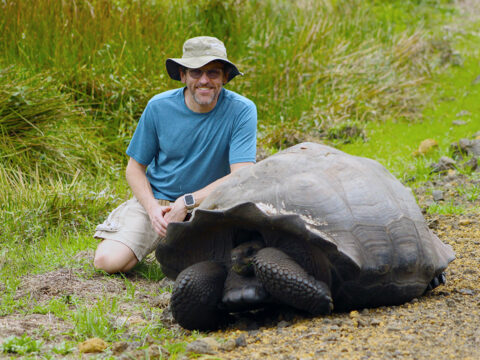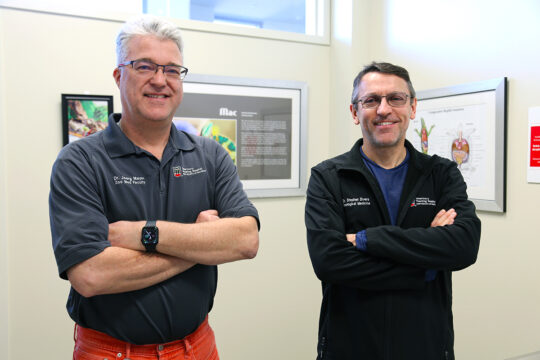Life and learning go on
Mayer was attending the Veterinary Medical Expo (VMX) in Orlando, Fla., in January of 2024 when a chance encounter with the president of the Ukrainian Small Animal Veterinary Association sparked an invitation abroad. Amid Ukraine’s ongoing war with Russia, the association was planning for its national conference in Lviv in western Ukraine the following June. Mayer was invited to lecture about the care of exotics.
“War is going on and life is not normal, but at the same time, they are making a concerted effort to carry on,” Mayer says.
Veterinary medicine in Ukraine and many of the countries Mayer visits is not dissimilar from that in the U.S. Vaccines protect against infectious diseases, wounds are sutured, and illnesses are treated with similar medications and interventional procedures.
But war has forced Ukrainian families to make hard choices, and in the two years since the war started, abandoned family pets have turned feral. Diseases like rabies and distemper are common again. “It’s very surprising how chaos can affect a very organized society very quickly from that point of view,” Mayer says.
Yet veterinarians are still on the job, caring for the animals they can and traveling 12 to 18 hours from the front to stay abreast of the latest developments in veterinary medicine.

The diploma presented to Dr. Joerg Mayer by the Ukrainian Small Animal Veterinary Association in honor of his participation in the organization’s 2024 meeting in Lviv, Ukraine. (Provided photo)
Mayer himself experienced a bit of the challenge they face, speaking most days through a fog of sleeplessness due to nightly drone attacks that drove everyone into air raid shelters. The night air hummed with the sound of generators used by restaurants struggling to remain open despite the damaged power grid.
The veterinarians he met were well read but still eager to learn more, Mayer says. “They were very hungry because the population, they love the exotic animals. And so, it wasn’t like a fringy topic.
“As with any urbanized society there is a large percentage of exotic animals (in Ukraine) because if you live in Kyiv or in any big city on the 16th floor of a high rise, you might not have the possibility to walk your dog properly. You may not want to. But you may want to have a snake. You may want to have a rabbit. You may want to have a parakeet.”
Mayer will be returning to Ukraine in June to attend the Ukrainian Small Animal Veterinary Association’s 2025 Conference in Kyiv, followed by a stint lecturing at the University of Agricultural Sciences and Veterinary Medicine in Cluj-Napoca, Romania, as part of the Erasmus+ Program, an exchange program for students and faculty in the European Union.
UGA VetMed has a faculty exchange arrangement with the university in Cluj-Napoca. “Their faculty have been here a couple of times, and then I’ve been there a couple of times. And so we’re going to piggyback probably an Erasmus exchange after my lecturing in Kyiv. I’m going to take the train all the way down to Romania. I’m going to spend a few days in Romania and have an exchange, basically lecture to their students and their faculty there. And then we’ll probably have the Romanian faculty come and visit us.”
Hear Mayer discuss the impact of the war on small animal medicine in Ukraine with WUGA.
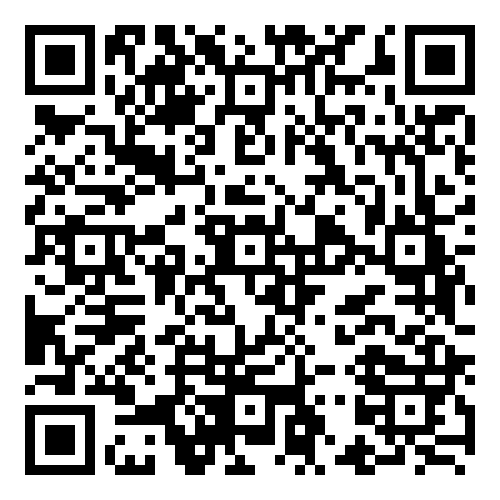
As is customary when guest lecturers are invited to speak at professional conferences, the Ukrainian Small Animal Veterinary Association will pay Mayer’s expenses to travel and lecture at their June meeting. If you would like to donate to help the association cover those expenses, you may do so by clicking this link, or scanning the QR code.
